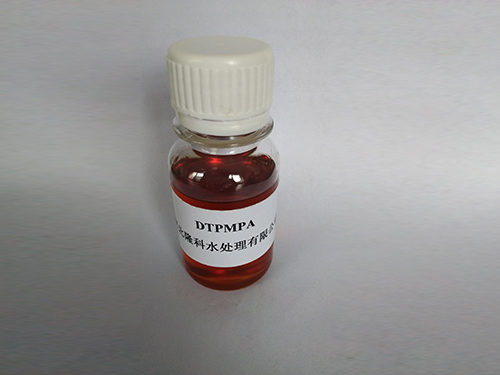flocculation chemicals
Understanding Flocculation Chemicals and Their Importance in Water Treatment
Flocculation is a crucial process in water treatment that involves the aggregation of fine particles into larger clusters, or flocs, which can be more easily removed from water. This process plays an essential role in purifying water for both drinking and industrial purposes. Flocculation chemicals, also known as flocculants, serve as key agents in this process by enhancing the efficiency of particle aggregation.
Flocculants can be classified into several categories, including organic and inorganic compounds. The most common inorganic flocculants are aluminum sulfate (Alum), ferric chloride, and polyaluminum chloride. These substances work by neutralizing the surface charge of suspended particles in water, which allows them to come together and form larger aggregates. Organic flocculants, on the other hand, typically consist of synthetic polymers such as polyacrylamides. These polymers have high molecular weights and can bridge particles, promoting floc formation.
The choice of flocculation chemicals depends on various factors, including the type of contaminants present in the water, the desired level of purification, and the specific treatment process employed. For instance, aluminum sulfate is frequently used in municipal water treatment plants due to its effectiveness in removing turbidity caused by suspended solids. Ferric chloride is also popular, particularly in industrial settings, because of its versatility and efficiency in treating a wide range of water qualities.
flocculation chemicals

One of the primary benefits of using flocculation chemicals is the significant improvement in the clarity and cleanliness of water. When properly applied, flocculants can significantly reduce turbidity levels, thereby enhancing the aesthetic qualities of water and making it safer for human consumption and industrial use. Additionally, flocculation can help remove harmful microorganisms, heavy metals, and organic pollutants, contributing to overall water quality and environmental protection.
Moreover, the flocculation process can enhance the effectiveness of subsequent treatment steps, such as sedimentation or filtration. By removing a large percentage of suspended solids, flocculation minimizes the load on downstream treatment processes, leading to lower operational costs and improved efficiency. This synergistic effect is particularly important in large-scale water treatment facilities, where operational efficiency can translate into significant savings.
However, the use of flocculation chemicals also comes with challenges. The improper dosage of flocculants can lead to inadequate floc formation or excessive chemical residues in treated water. This necessitates careful monitoring and control of chemical inputs. Environmental concerns also arise with certain flocculants, particularly synthetic ones, as they may not biodegrade easily and could lead to long-term pollution. Consequently, researchers are exploring more sustainable alternatives, such as natural coagulants derived from plant materials, which can reduce environmental impact while still achieving effective flocculation.
In conclusion, flocculation chemicals are integral to the water treatment process, serving to enhance the removal of impurities and improve water quality. Their effective use can have far-reaching benefits for both public health and environmental conservation. As the demand for clean water continues to rise, ongoing research and innovation in the field of flocculation will be vital in developing safer, more effective flocculants that align with sustainability goals. By embracing both traditional and novel approaches, we can ensure a reliable supply of clean water for future generations.
-
Pbtc Scale InhibitorPBTC: A Scale Protector for Industrial Water TreatmentNewsAug.05,2025
-
Organic Phosphonate: An Efficient Defender in the Field of Scale InhibitionNewsAug.05,2025
-
Hydrolyzed Polymaleic Anhydride: Green Pioneer in Scale Inhibition FieldNewsAug.05,2025
-
PAPEMP Polyamino Polyether Methylene Phosphonic Acid For SaleNewsAug.05,2025
-
Flocculant Water Treatment: A Pioneer in Purification in the Field of Water TreatmentNewsAug.05,2025
-
Benzyl Isothiazolinone: An Efficient and Broad-Spectrum Antibacterial Protective GuardNewsAug.05,2025





